Dr. Jim Liu, a cardiologist at the Ohio State University Wexner Medical Center (USA), said strenuous exercise can increase the risk of some heart diseases, according to US News magazine.
Heart rate too high
Heart rate is an important indicator of health status. Ms. Kisha Carr, a fitness trainer in California (USA), recommends that you should not let your heart rate increase above the maximum heart rate when exercising.
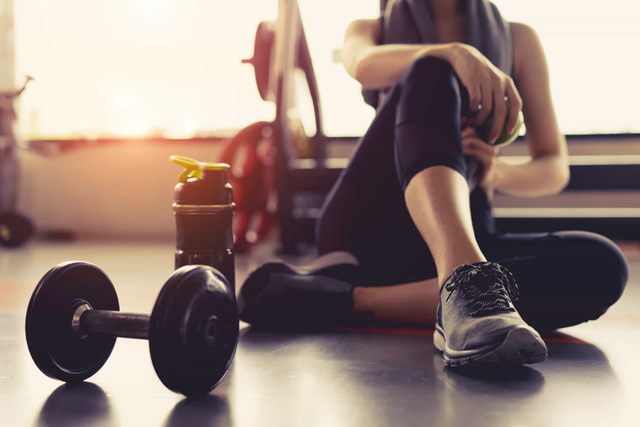
Do not let your heart rate increase above your maximum heart rate when exercising.
The formula to calculate your approximate maximum heart rate is to subtract your current age from 220. For example, if you are 40 years old, your maximum heart rate is 220 - 40 = 180 beats per minute.
So, if you are not doing high intensity exercises but still feel your heart rate increase suddenly or beat irregularly, you should definitely stop exercising and rest.
Chest pain
Martha Gulati, professor of medicine at the University of Arizona (USA), said chest pain is one of the unusual symptoms.
If you feel pain, tightness in the chest, especially when accompanied by nausea, dizziness, shortness of breath, or heavy sweating while exercising, stop and get a medical check-up.
In addition, when you exercise too much, your muscles will often ache. If you have trouble sleeping or cannot keep up with your previous exercises, take a break and consult your doctor.
Out of breath
Feeling short of breath or uncomfortable doing exercises that used to come easily to you is a sign that you should stop exercising, says Gulati.
If shortness of breath after exercise persists and becomes more severe, you should see a doctor for advice.
Dizzy
Not eating enough before exercising is one of the causes of dizziness during exercise. However, if you stop to eat and drink and still feel dizzy and are accompanied by symptoms such as sweating profusely, loss of consciousness, or even fainting, you need urgent medical attention.
Causes of these symptoms can include dehydration, diabetes, high blood pressure, heart disease, and nervous system problems.
Leg cramps
Leg cramps during exercise can be a sign of a blockage in the main artery in the leg.
There are many causes of leg cramps, but common causes are low potassium levels, dehydration, or electrolyte imbalance.
Mark Conroy, an emergency physician at the Ohio State University Wexner Medical Center (USA), recommends massaging and cooling the cramped area by wrapping a cold towel or applying ice.
Unusually heavy sweating
Sweating helps cool the body. Excessive sweating can also be a sign of something wrong with the body.
If you sweat more than usual and it is not due to hot weather, you should stop exercising to rest and check your health.
Source link




![[Photo] Relatives of victims of the earthquake in Myanmar were moved and grateful to the rescue team of the Vietnamese Ministry of National Defense.](https://vstatic.vietnam.vn/vietnam/resource/IMAGE/2025/4/2/aa6a37e9b59543dfb0ddc7f44162a7a7)
![[Photo] Third meeting of the Organizing Subcommittee serving the 14th National Party Congress](https://vstatic.vietnam.vn/vietnam/resource/IMAGE/2025/4/2/3f342a185e714df58aad8c0fc08e4af2)

![[Photo] Close-up of Vietnam's sniffer dog team searching for earthquake victims in Myanmar](https://vstatic.vietnam.vn/vietnam/resource/IMAGE/2025/4/1/d4949a0510ba40af93a15359b5450df2)
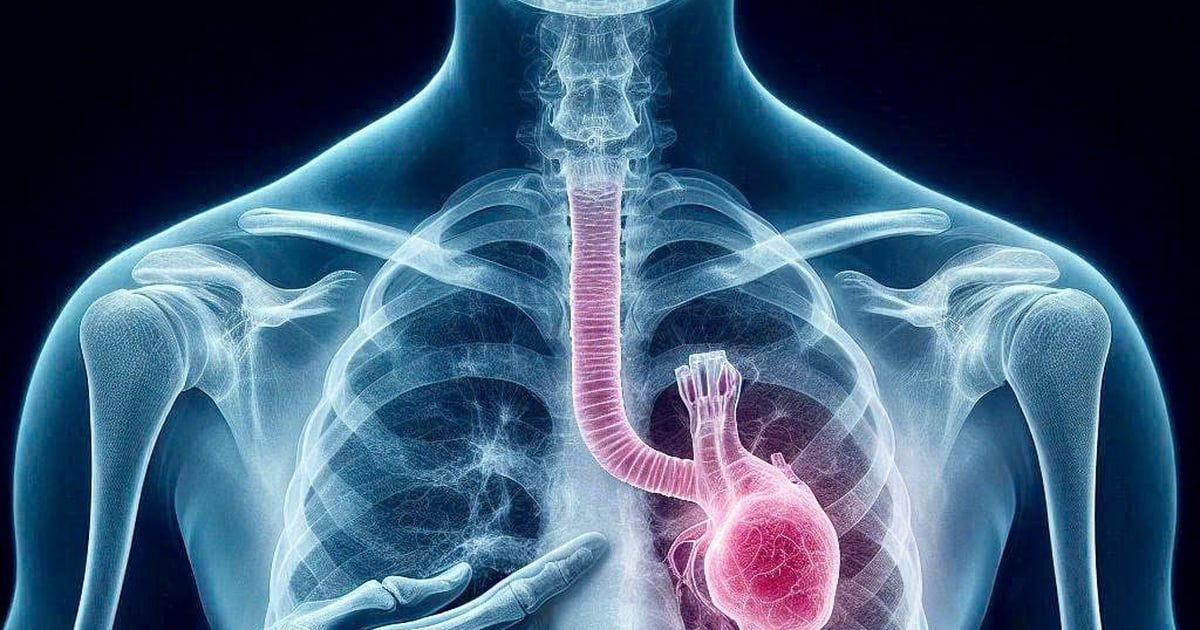


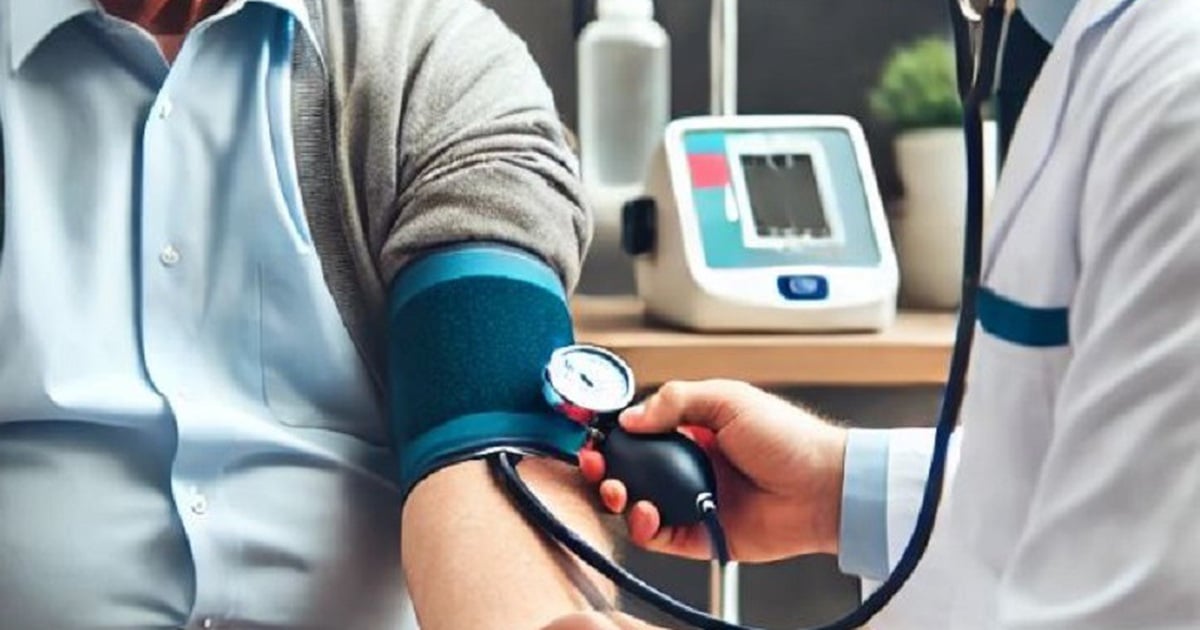

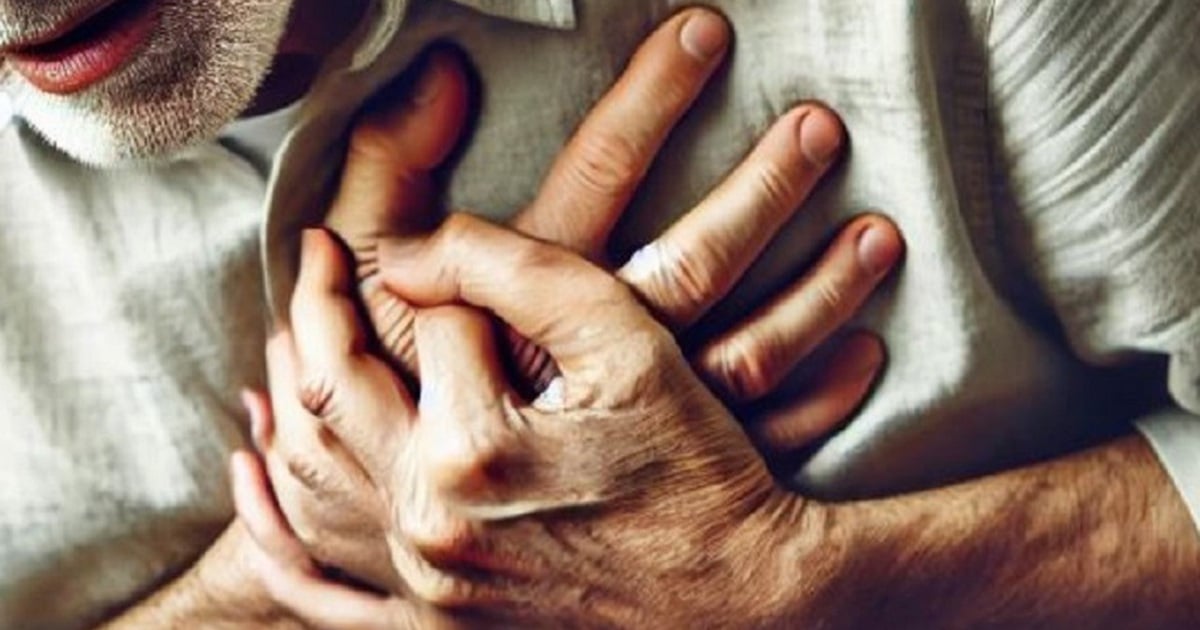

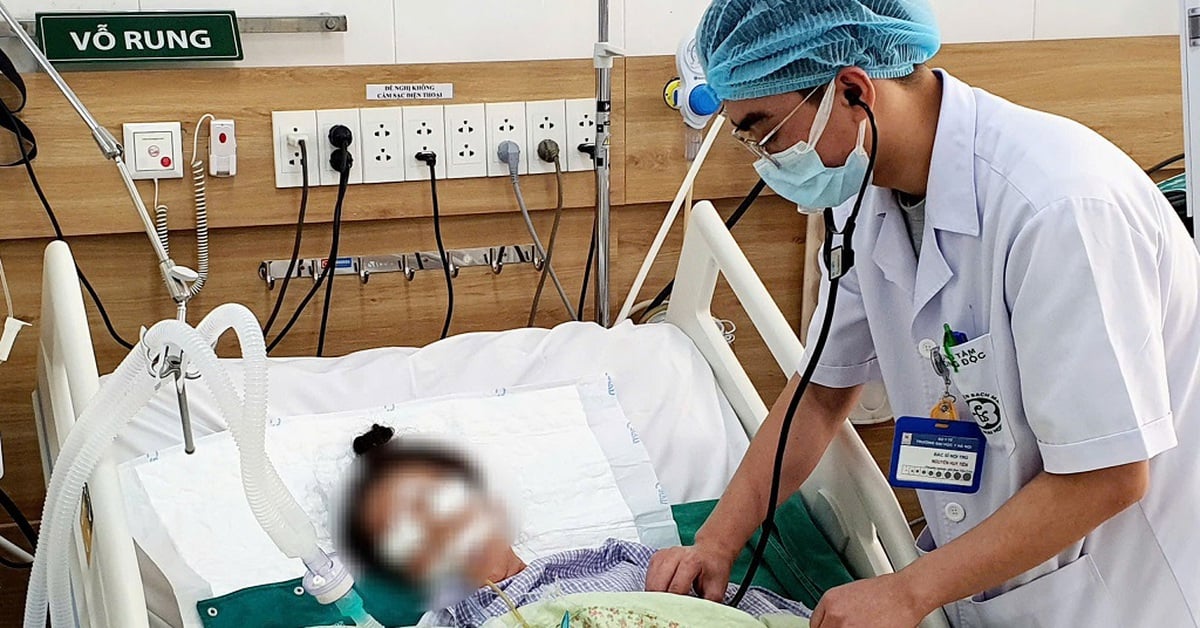
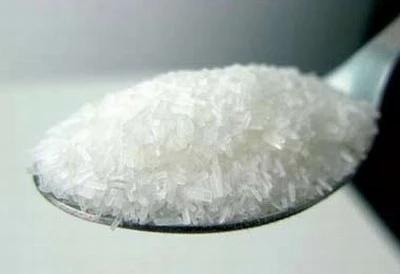

![[Video] Hanoi records 189 more measles cases in one week](https://vstatic.vietnam.vn/vietnam/resource/IMAGE/2025/4/2/7a2330ce125049c9900b0443e7e2361f)
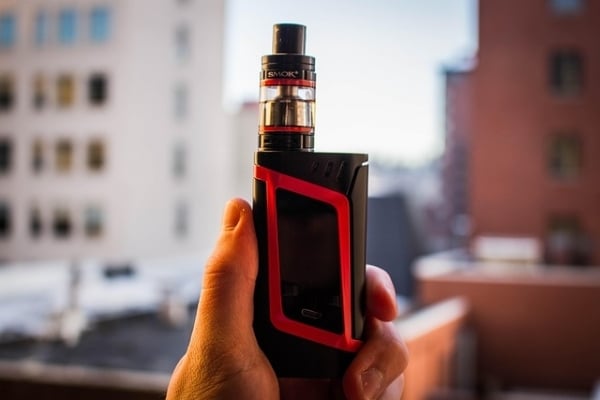







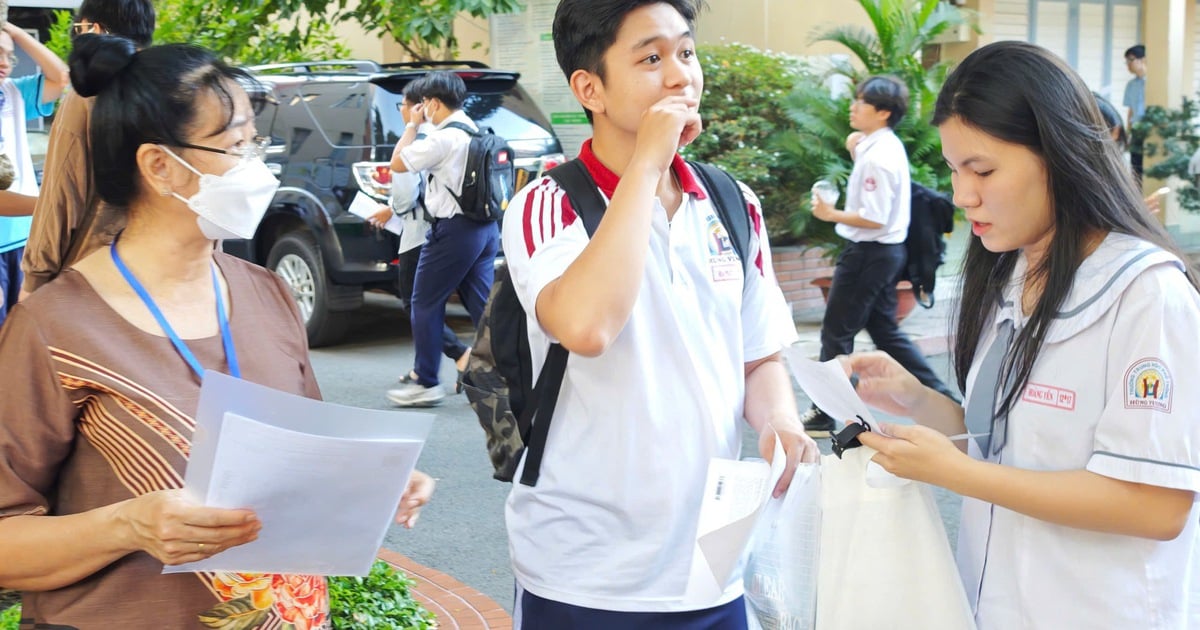



































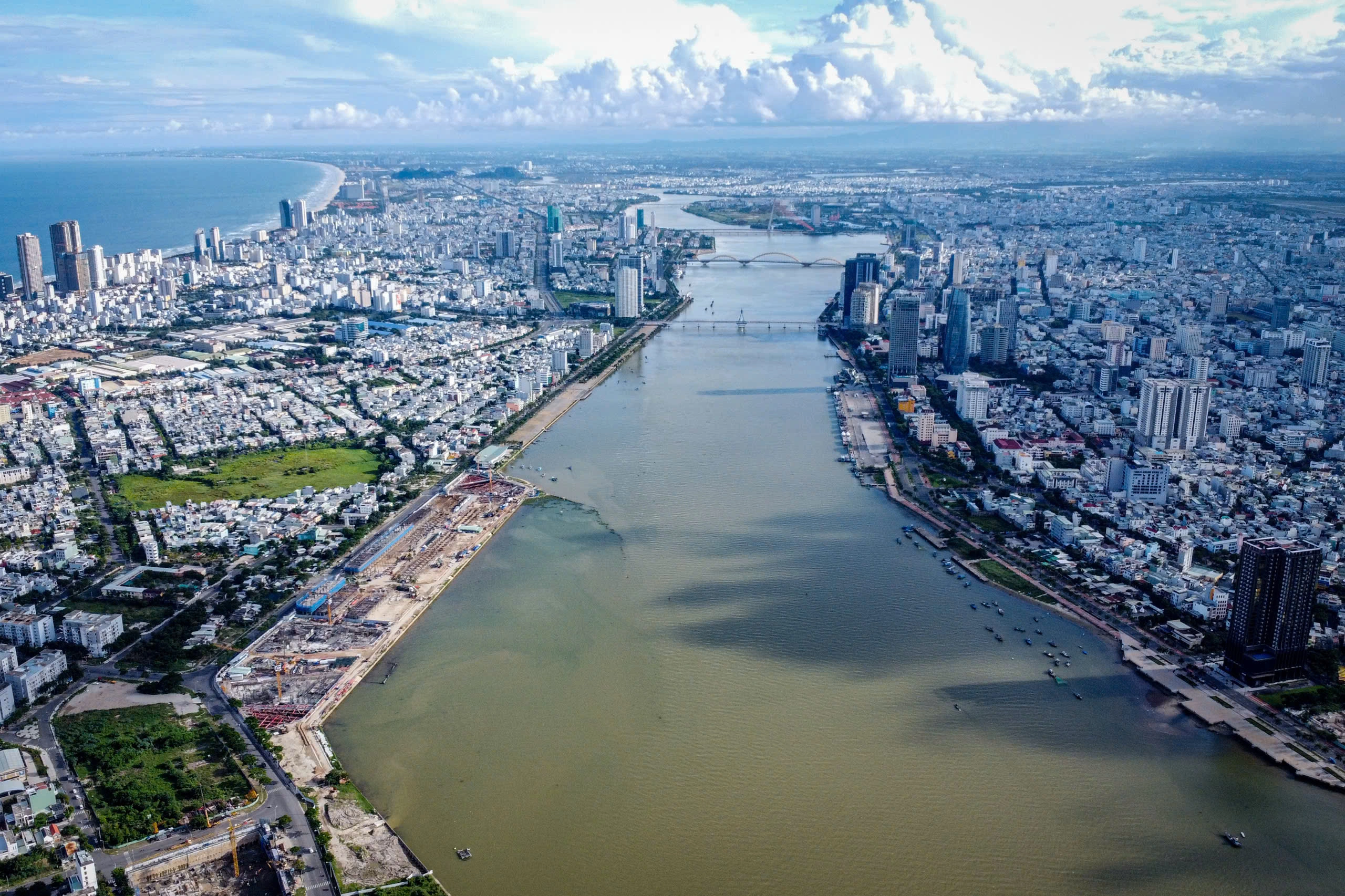

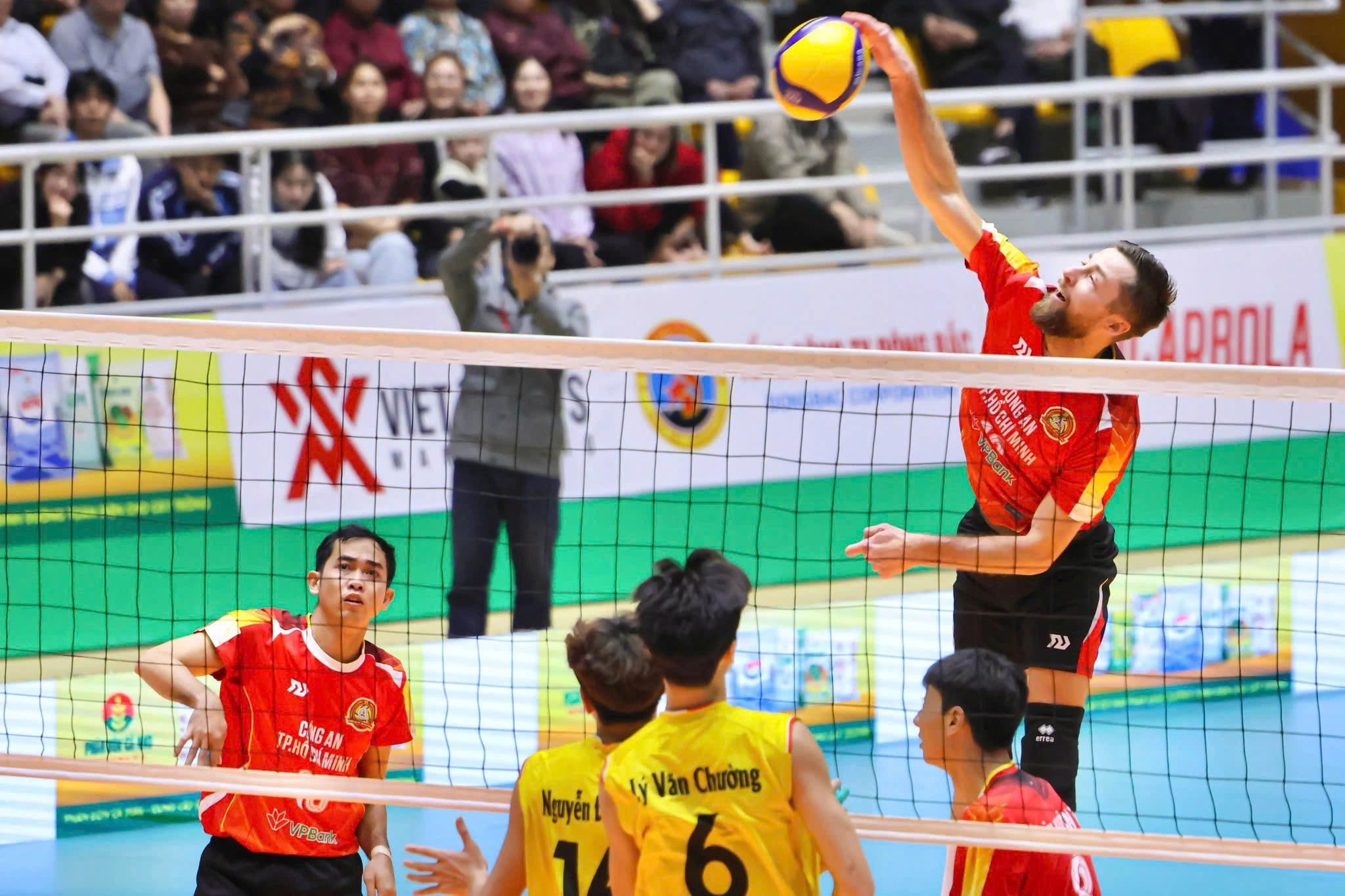




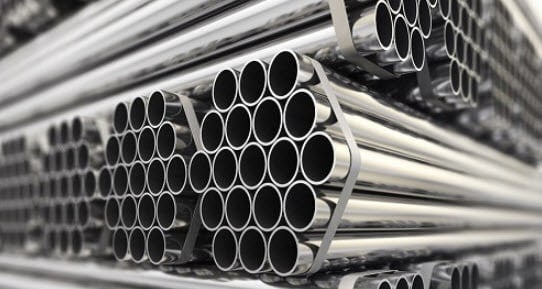








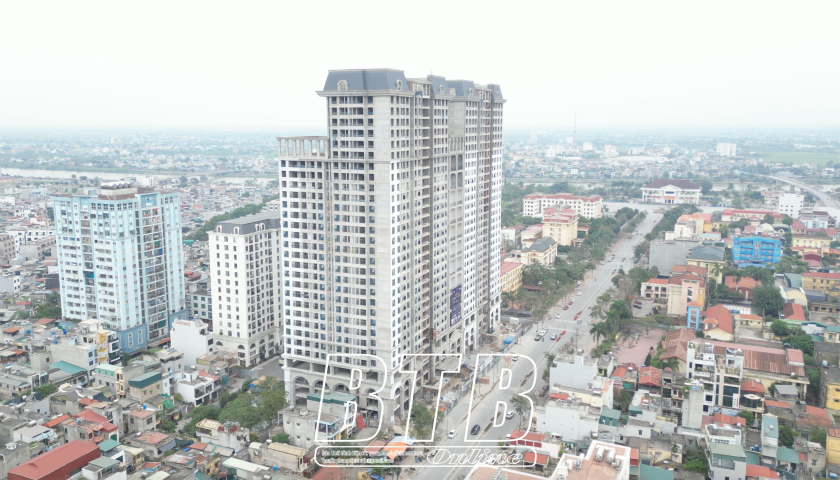

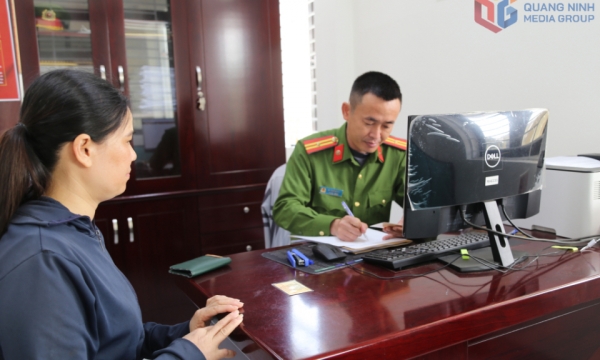














Comment (0)